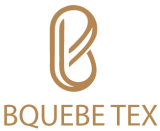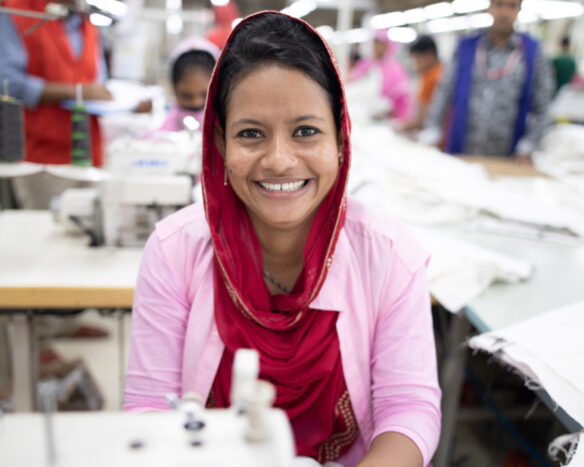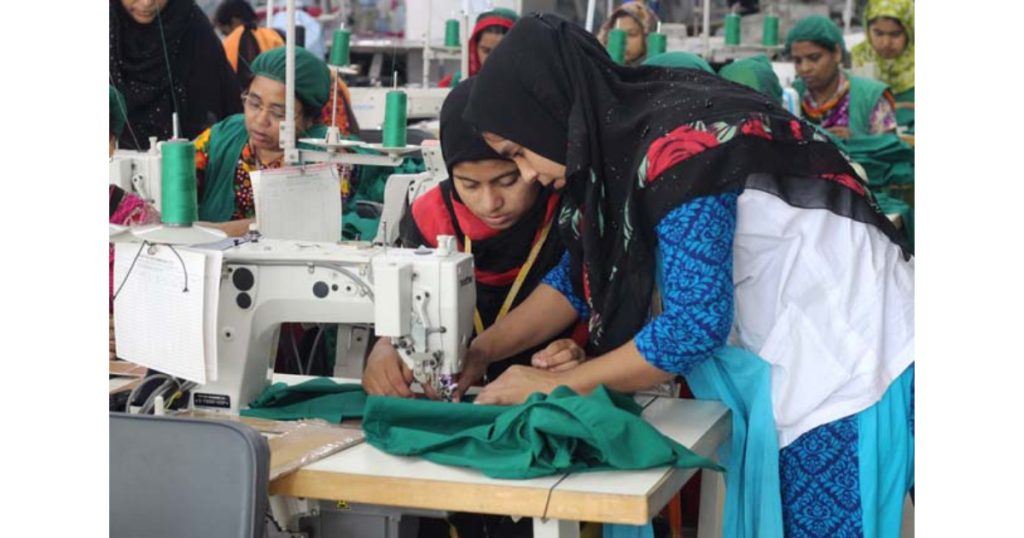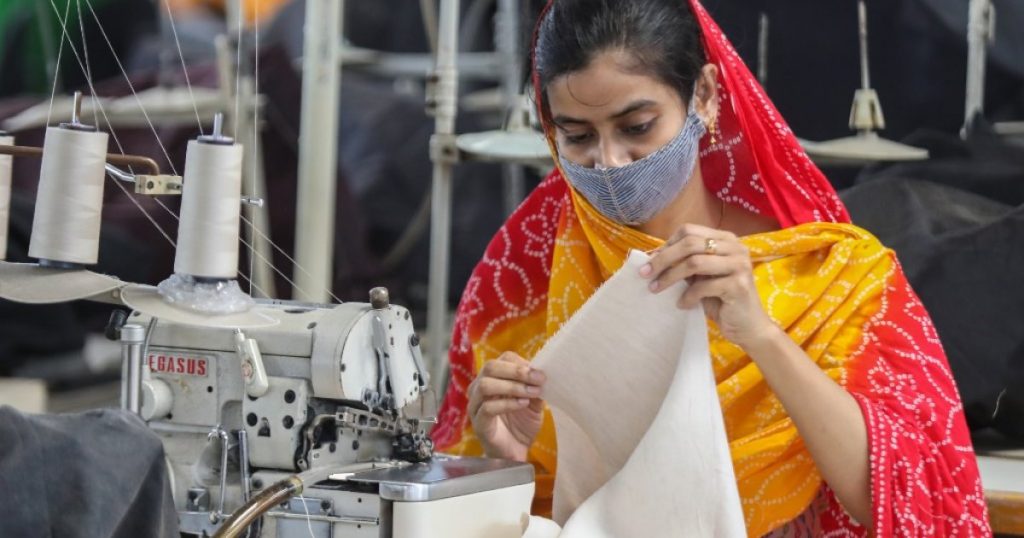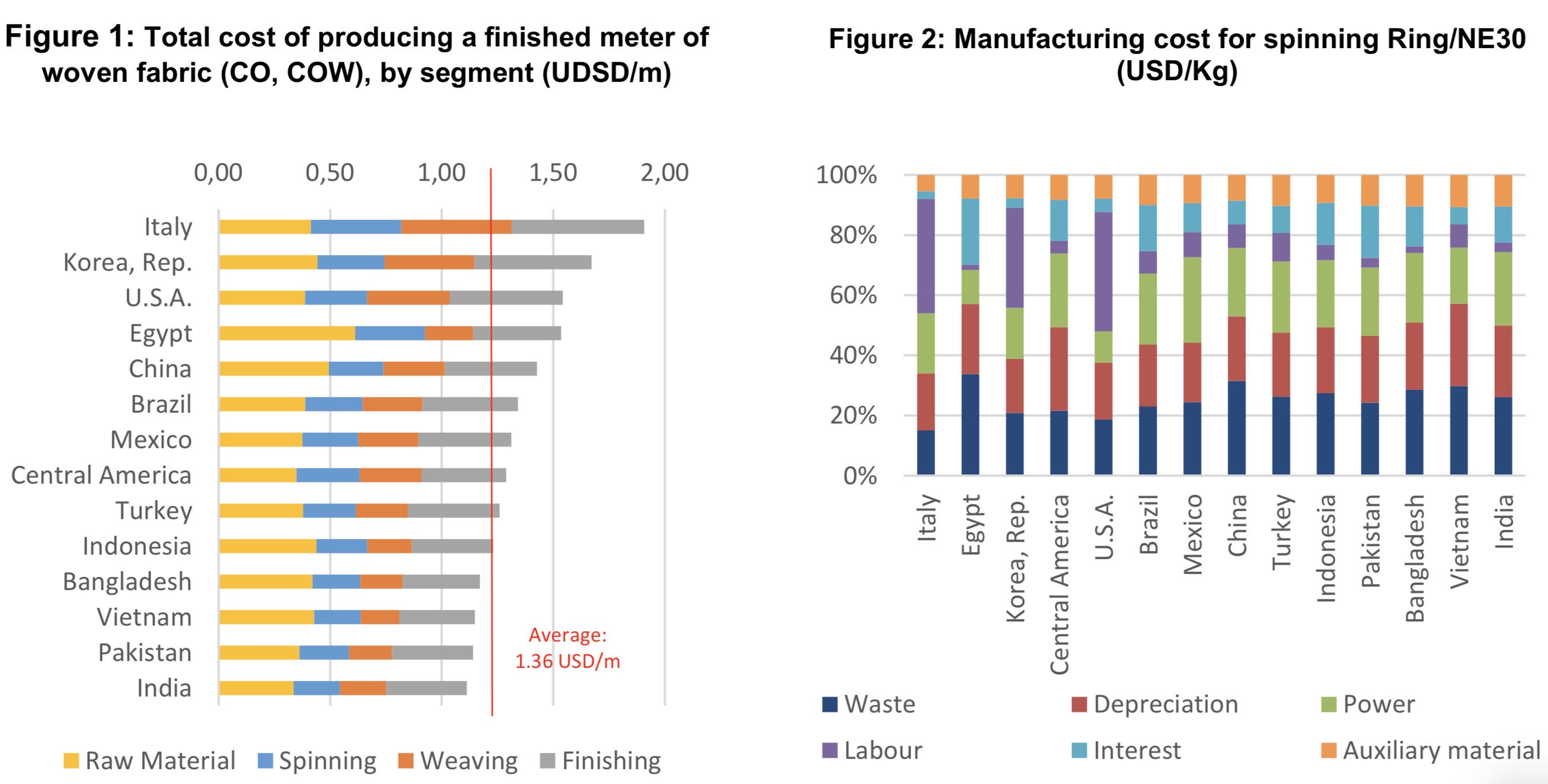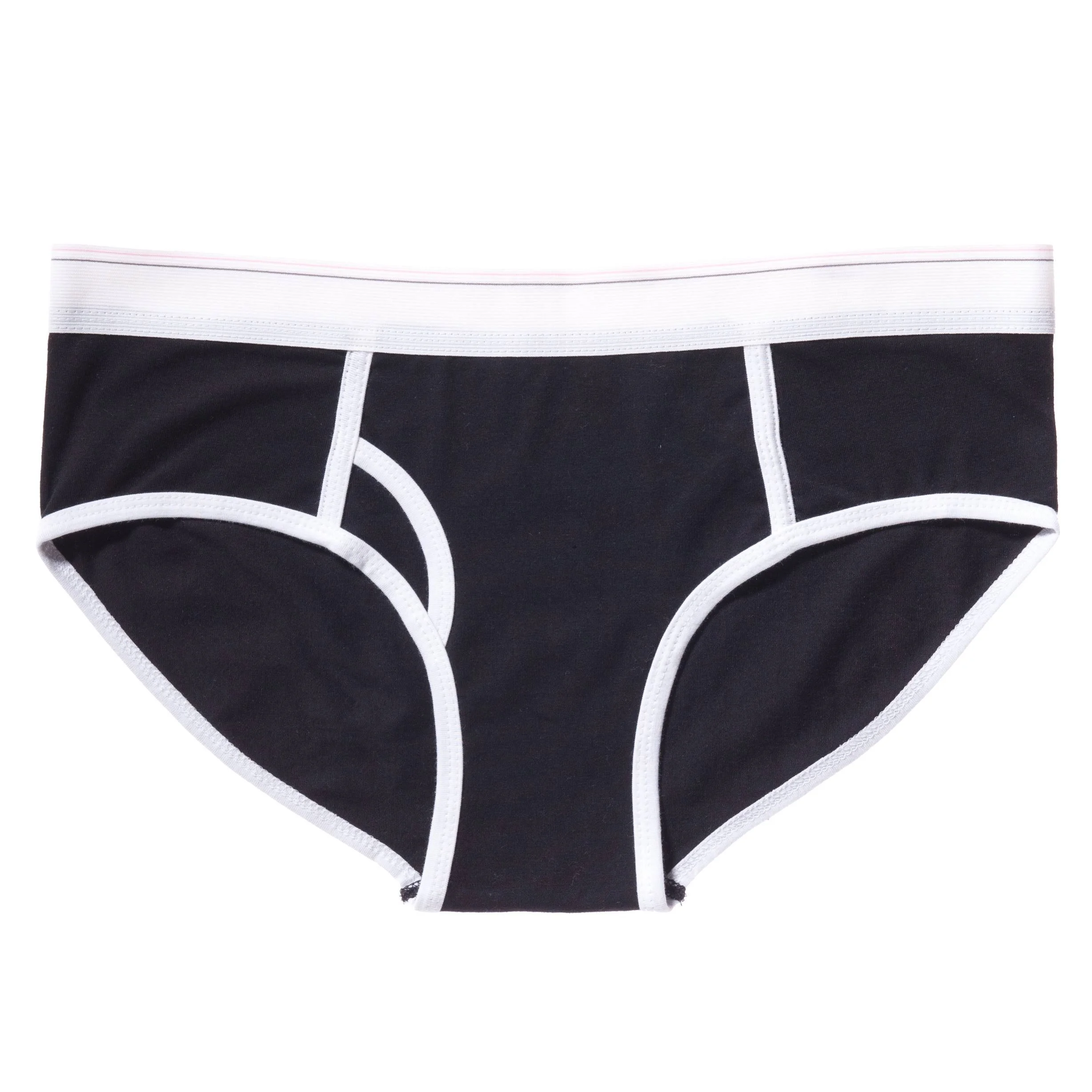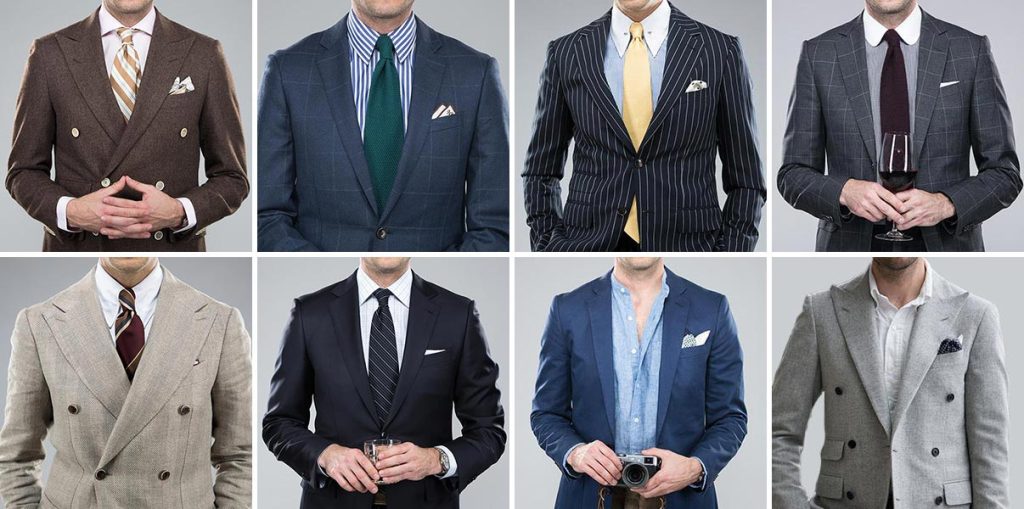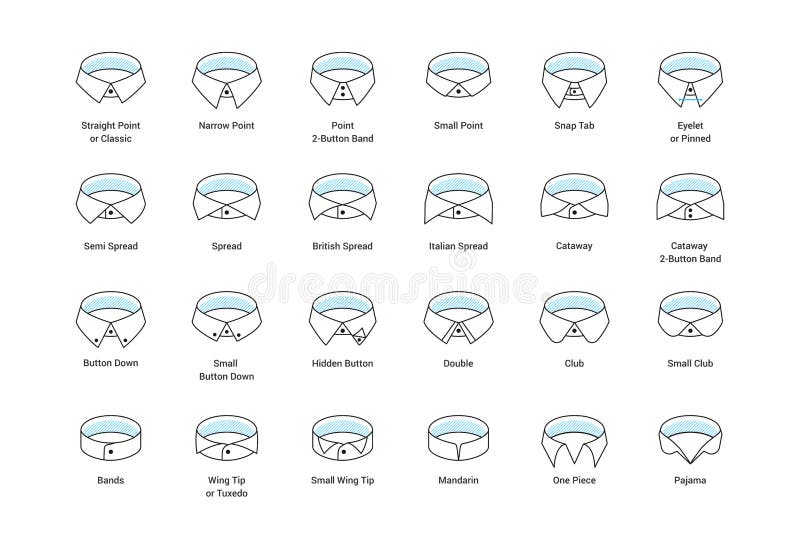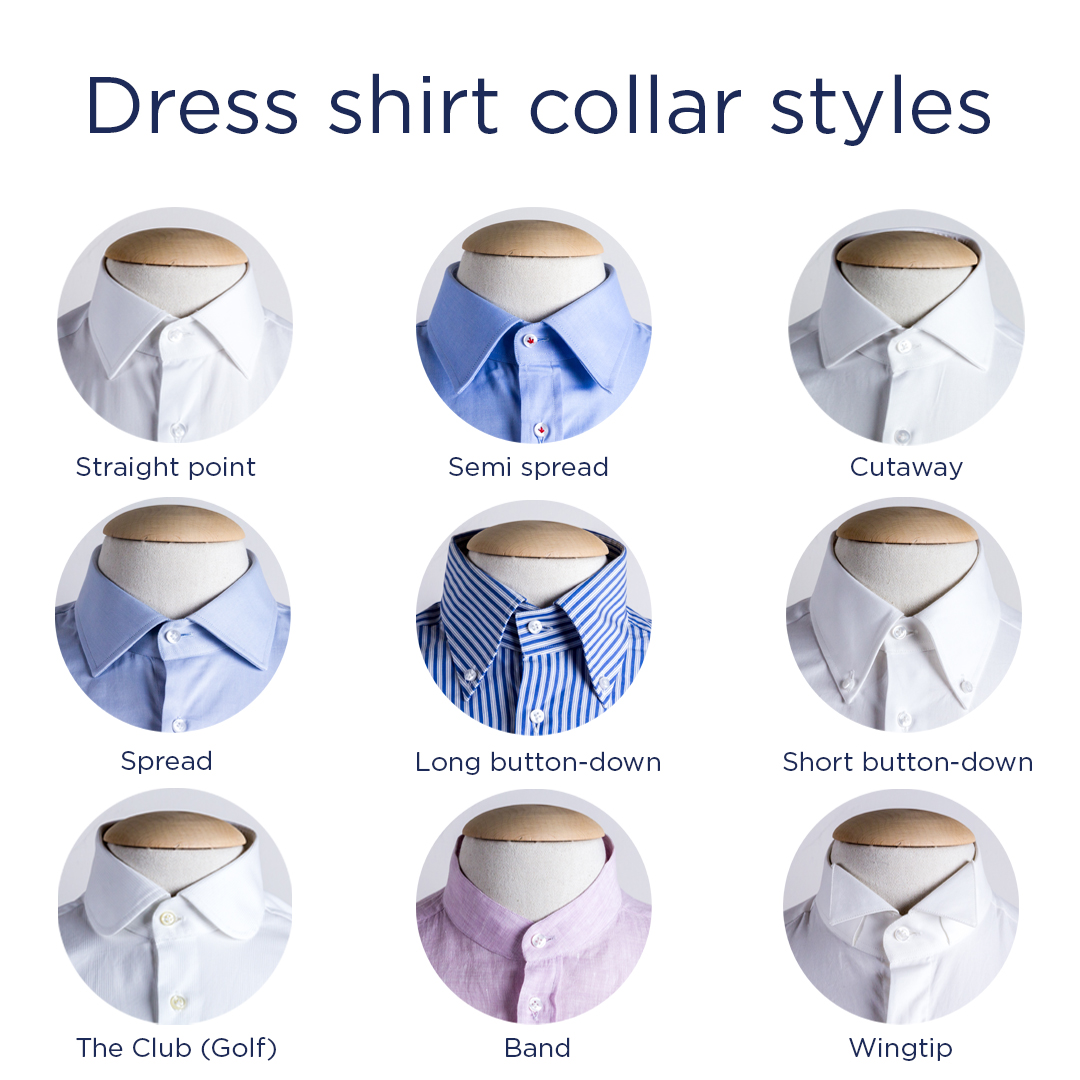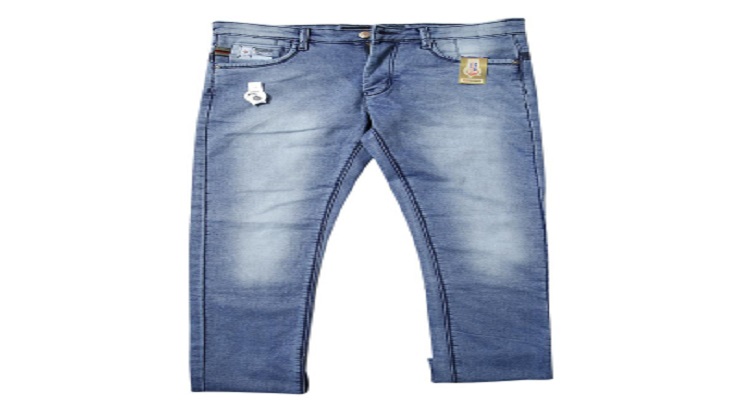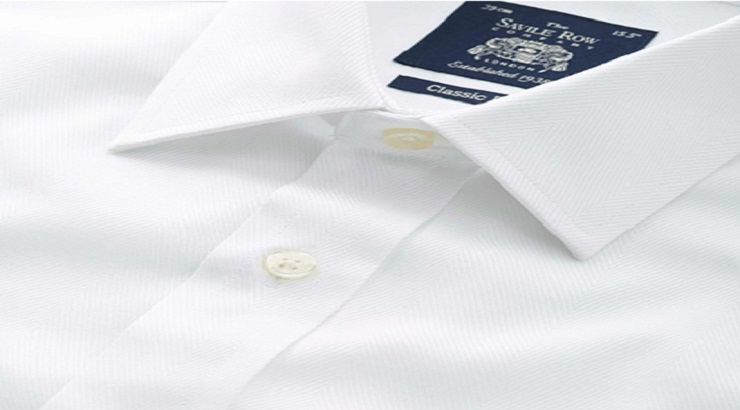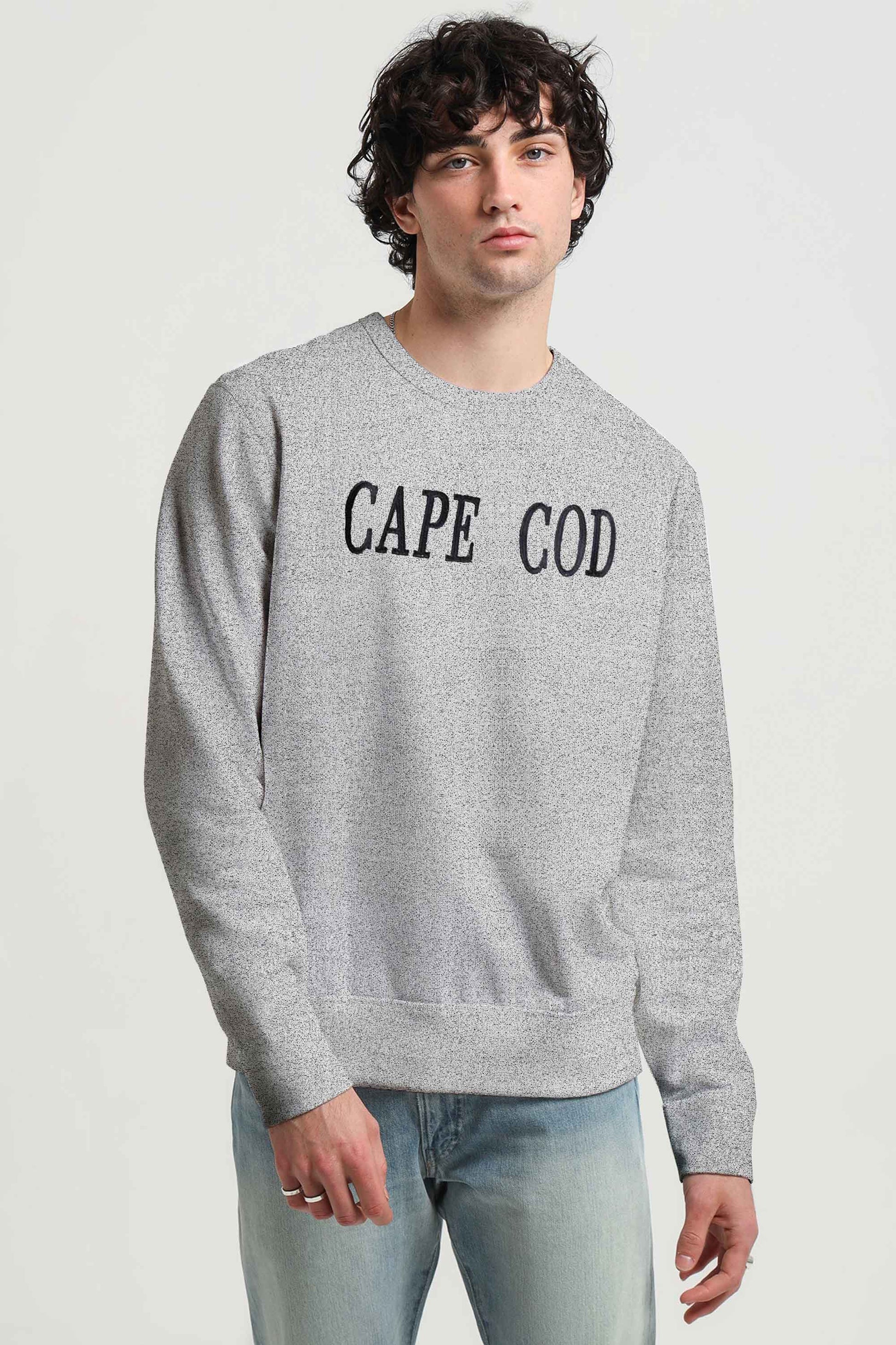Top Sewing Machines for Garment Making: Brands, Prices, and Services
Introduction:
When it comes to garment sewing, choosing the right sewing machine can make all the difference in the final product’s quality, efficiency, and creativity. With an overwhelming number of options available in the market, selecting the best sewing machine for your garment sewing needs can be a daunting task. Whether you’re a seasoned professional or a beginner, it’s crucial to have a clear understanding of the machines’ features, brands, prices, and services offered before making a purchase. Therefore, this article aims to provide a comprehensive overview of the most commonly used garment sewing machines, their brands, their prices, and the services they offer to help you make an informed decision.
Singer:
When it comes to garment sewing, choosing the right sewing machine can make all the difference in the final product’s quality, efficiency, and creativity. With an overwhelming number of options available in the market, selecting the best sewing machine for your garment sewing needs can be a daunting task. Whether you’re a seasoned professional or a beginner, it’s crucial to have a clear understanding of the machines’ features, brands, prices, and services offered before making a purchase. Therefore, this article aims to provide a comprehensive overview of the most commonly used garment sewing machines, their brands, their prices, and the services they offer to help you make an informed decision.

Singer has been a trusted brand in the sewing industry for more than 165 years, known for their durable, reliable, and user-friendly sewing machines. Their garment sewing machines, in particular, are highly sought after by both professional and amateur sewers. One of their most popular models is the Singer 7258, which boasts 100 built-in stitches, an automatic needle threader, and a wide table for easy sewing. With a price range of $200 to $500, this machine is an excellent investment for sewers who are looking for a reliable and efficient sewing experience. Additionally, Singer offers a limited warranty, customer support, and a wide range of accessories to enhance the sewing experience.
Janome:
Janome is a well-known brand in the sewing world, particularly for garment sewing enthusiasts. Their machines are popular for their smooth operation and high-quality stitching, making them a top choice for sewers of all levels. The Janome 2212 Sewing Machine is a popular model for beginners and intermediate sewers, featuring 12 built-in stitches and a free arm for sewing cuffs and sleeves with ease.

With a price range of $150 to $300, this machine packs a punch with its reliable performance and essential features. Additionally, Janome provides a limited warranty, customer service, and a range of accessories to help you get the most out of your machine.
Brother:
Brother is a versatile brand that offers a diverse range of sewing machines that cater to garment sewers’ varying needs. Their machines are renowned for their innovative features and user-friendly designs that make sewing a breeze.

The Brother CS6000i is a popular choice among garment sewers, thanks to its impressive features, including 60 built-in stitches, an automatic needle threader, and a wide table that makes sewing large fabrics a breeze. With a price range of $150 to $300, this machine is an excellent investment for sewers who want a reliable and efficient sewing experience. Additionally, Brother offers a limited warranty, customer support, and a range of accessories to help you get the most out of your machine.
Juki:
Juki is a renowned Japanese brand that specializes in industrial-quality sewing machines for garment sewing. Their machines are highly sought after by professional sewers for their speed, precision, and durability, making them a top choice for anyone looking for a high-performance sewing machine.

The Juki HZL-F600 is a popular model among professional garment sewers, featuring a high-speed motor and a diverse range of stitch options, allowing for precision and accuracy in every stitch. With a price range of $800 to $1,500, this machine is an investment worth making for sewers who want to take their craft to the next level. Additionally, Juki provides a limited warranty, customer service, and a range of accessories to help you get the most out of your machine.
Bernina:
Bernina is a premium Swiss brand that produces high-quality sewing machines for both professional and home sewers. Their machines are known for their precision, reliability, and innovative features, making them a top choice for garment sewers who demand the best.

The Bernina 530 is a popular model among garment sewers, featuring a range of stitch options, an automatic thread cutter, and a large workspace. With a price range of $2,000 to $3,000, this machine is an investment worth making for sewers who want the best of the best. Additionally, Bernina provides a limited warranty, customer service, and a range of accessories to help you get the most out of your machine.
Future of garment sewing machine :
The garment industry has been experiencing rapid transformation due to advancements in technology and an increasing demand for personalized, sustainable, and efficient clothing production. As a result, garment machines have become a vital part of the industry, and they are undergoing significant changes to keep up with these evolving needs. This article delves into the future of garment machines, highlighting the key innovations and trends shaping the industry. From machine learning and artificial intelligence to sustainable materials and 3D printing, the garment machine industry is evolving at an unprecedented pace. By exploring these emerging trends, we can gain a better understanding of what the future of garment machines holds and how they will continue to shape the garment industry for years to come.
Artificial Intelligence (AI) and Machine Learning (ML) are set to revolutionize the garment industry by optimizing production processes, reducing waste, and improving the overall efficiency of garment machines. These technologies can help in predictive maintenance, reducing downtime and enhancing the quality of stitching. AI-powered design tools can also assist in creating unique patterns and designs, enabling the production of personalized garments.
Automation and robotics are already transforming the garment industry, with advanced machines taking over repetitive tasks and increasing productivity. In the future, we can expect further automation of cutting, sewing and finishing processes, leading to faster production times and reduced labor costs. Collaborative robots, or cobots, may also be integrated into garment factories, working alongside human operators to enhance efficiency and safety.
As environmental concerns grow, the garment industry is under pressure to adopt sustainable practices. Garment machines of the future will likely incorporate eco-friendly features such as energy-efficient motors, recycled materials, and reduced waste generation. Additionally, the use of biodegradable or water-soluble threads could minimize environmental impact.
3D printing technology is rapidly advancing and has the potential to revolutionize the garment industry. In the future, garment machines may incorporate 3D printing capabilities, enabling the production of custom-fit garments on-demand. This would reduce waste and the need for mass production, leading to a more sustainable and personalized fashion industry.

The integration of IoT in garment machines will enable real-time monitoring, data analysis, and remote control of production processes. Smart factories, powered by IoT, will optimize resource allocation, minimize downtime and enhance overall efficiency. This will lead to improved product quality and reduced costs.
AR and VR technologies can transform the way designers and manufacturers work by providing immersive experiences for designing, testing, and visualizing garments. These technologies can also enhance the customer experience by allowing them to virtually try on garments before purchasing, leading to increased customer satisfaction and reduced returns.
Nanotechnology has the potential to revolutionize the textile industry by introducing new materials with advanced properties such as self-cleaning, temperature regulation, and enhanced durability. Garment machines of the future may incorporate nanotechnology to produce smart textiles with built-in sensors, LED lighting, and other innovative features, paving the way for a new generation of wearable technology.
Summary :
Selecting the most suitable garment sewing machine depends on your skill level, budget, and specific sewing requirements. Singer, Janome, Brother, Juki, and Bernina are some of the most commonly used brands in the industry, each offering a wide range of models with different features and price points. To make an informed decision, it’s essential to consider factors such as stitch quality, ease of use, available stitch options, durability, and the brand’s customer support and warranty services. By taking these factors into account, you can find the perfect sewing machine to bring your garment sewing ideas to life. Whether you’re a beginner or a seasoned professional, investing in the right sewing machine can make all the difference in the quality, efficiency, and creativity of your sewing projects.
